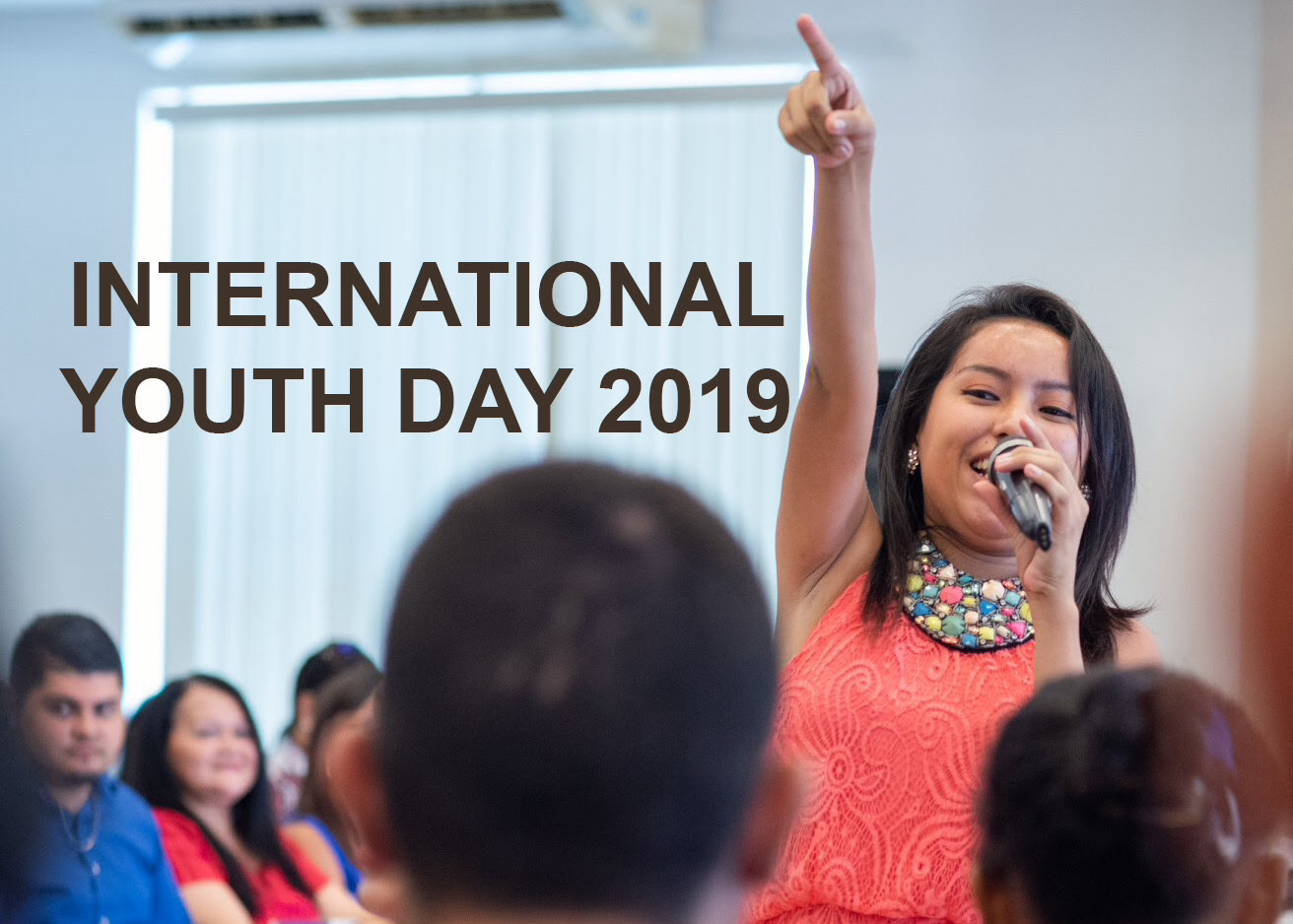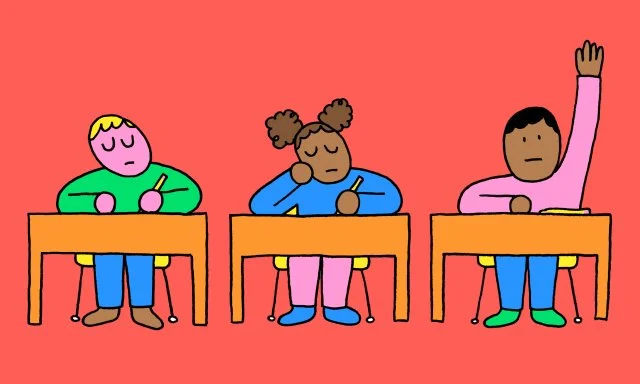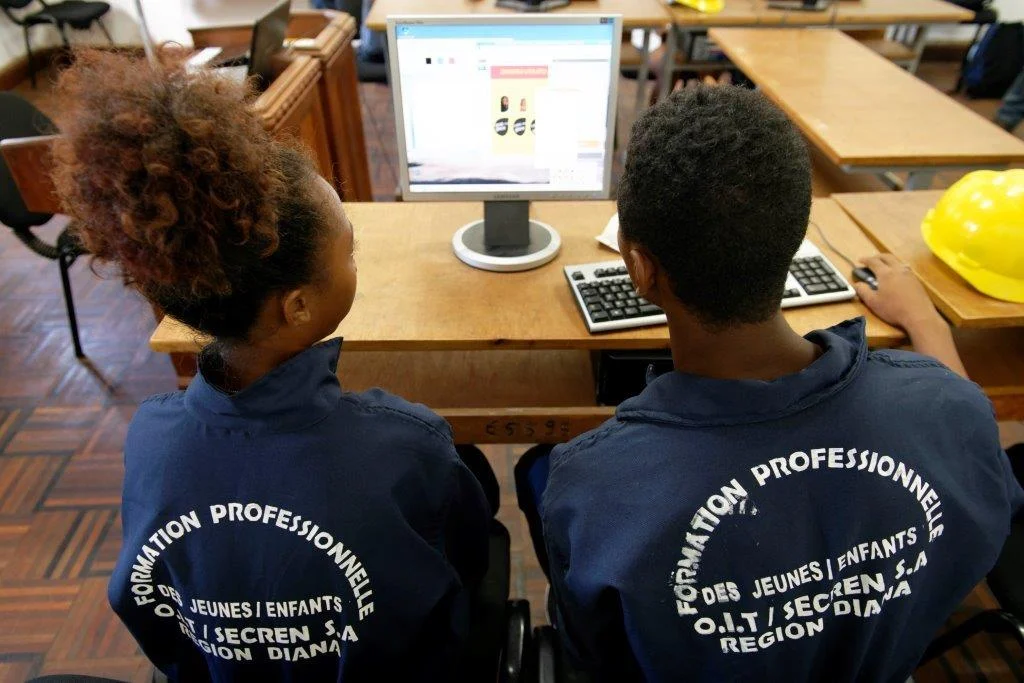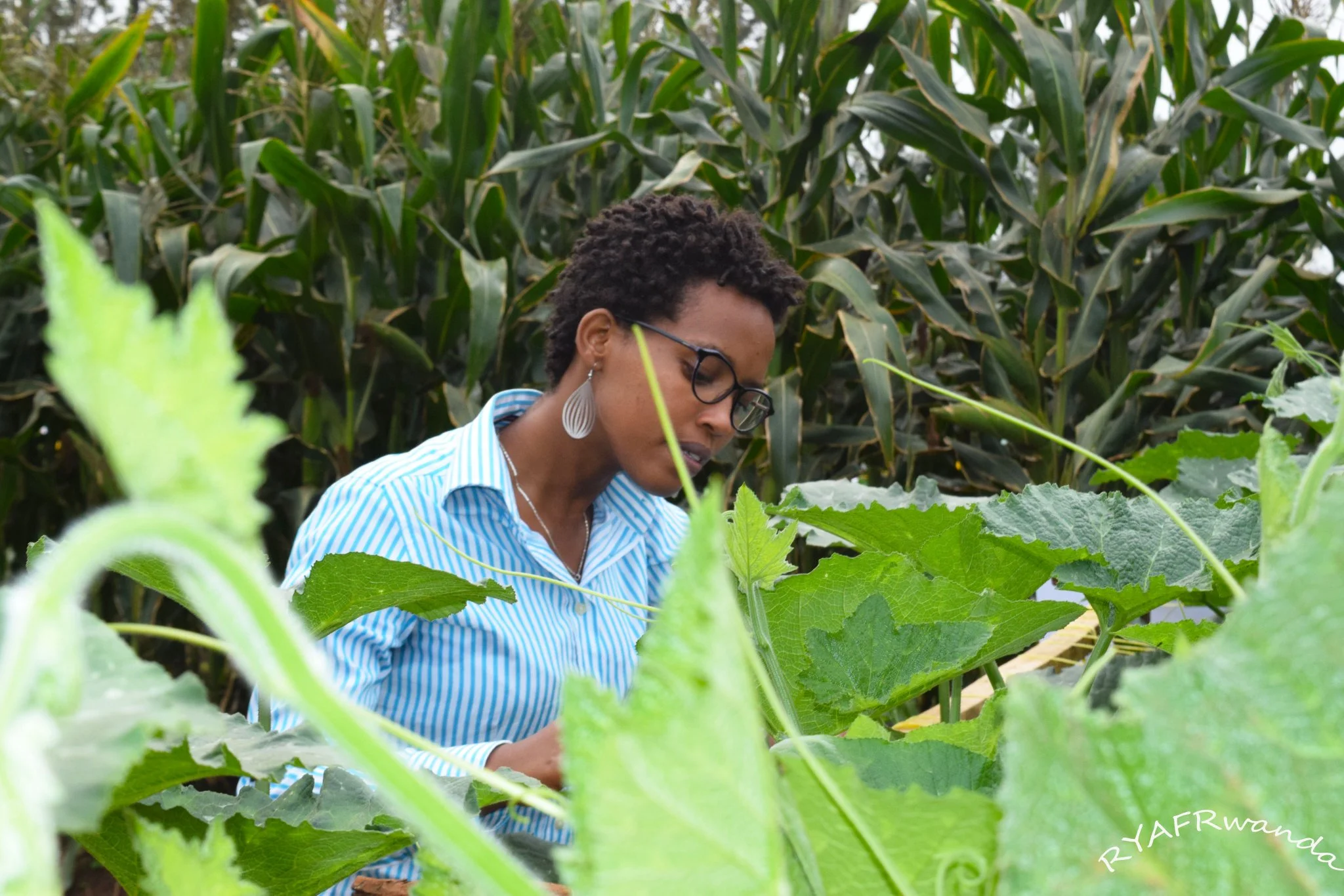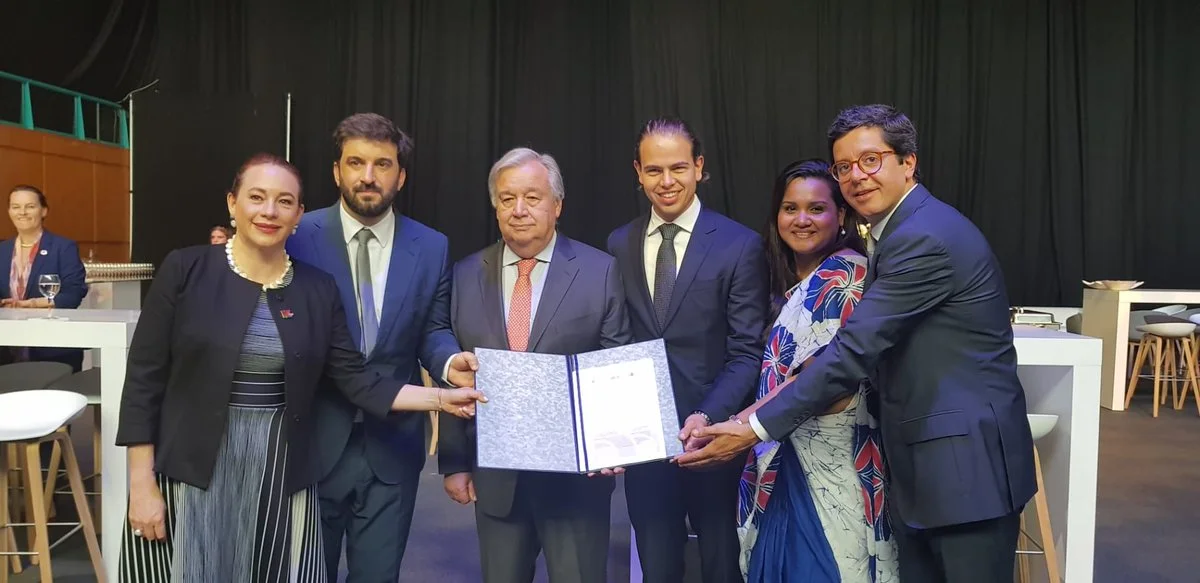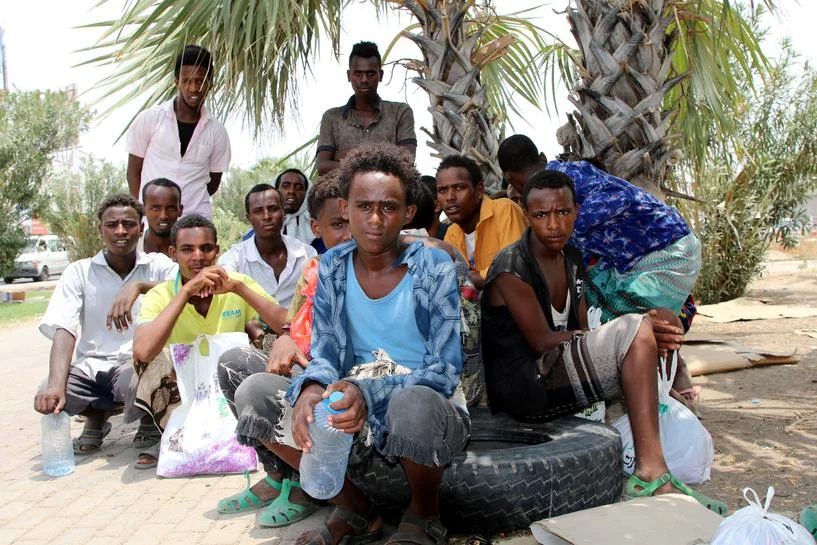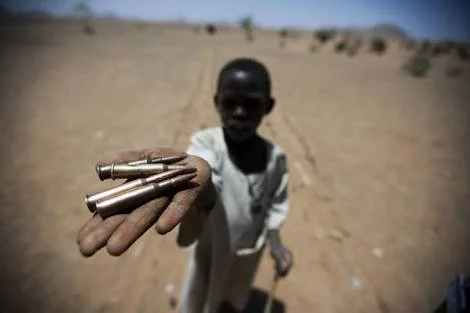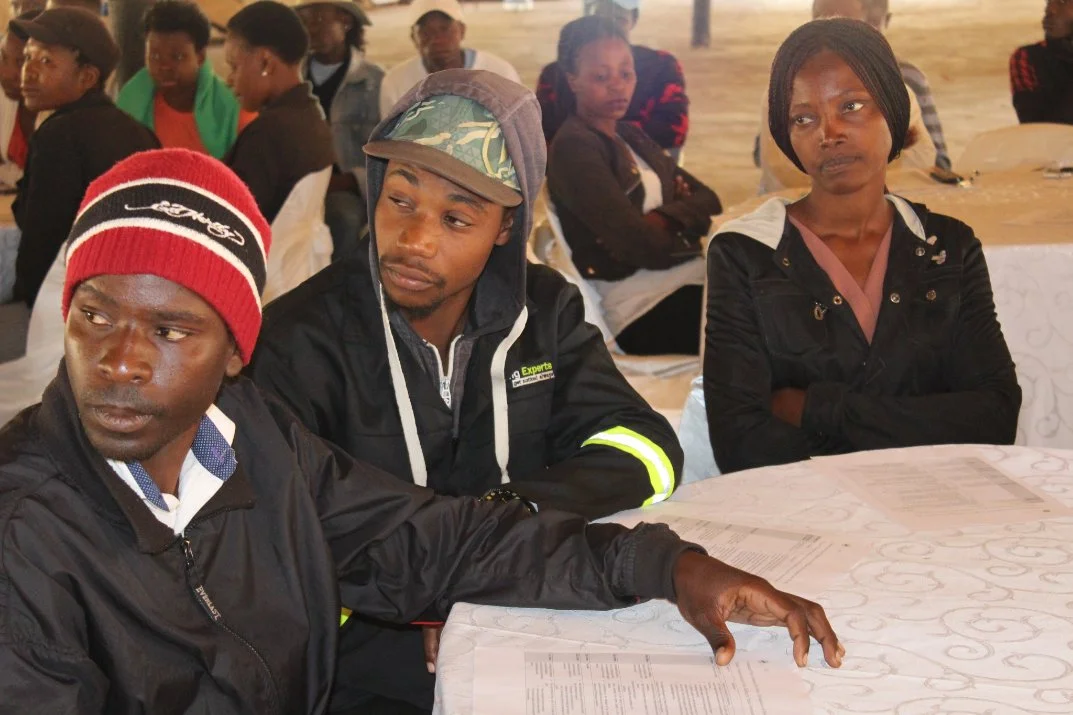“Spread the Word and Connect with Us!
Follow us on twitter @TheYouthCafe and on Facebook at: facebook.com/TheYouthCafe1
Use #YouthDay #TransformingEducation #SDG4 for all your tweets on the International Youth Day
Celebrating #YouthDay? Planning a special activity? We want to know! Tweet or email us at info@theyouthcafe.com”
The theme of International Youth Day 2019, “Transforming education”, highlights efforts to make education more relevant, equitable and inclusive for all youth, including efforts by youth themselves. Rooted in Goal 4 of the 2030 Agenda for Sustainable Development – to “ensure inclusive and equitable quality education and promote lifelong learning opportunities for all” – International Youth Day 2019 will examine how Governments, young people and youth-led and youth-focused organizations, as well as other stakeholders, are transforming education and how these efforts are contributing to the achievement the 2030 Agenda for Sustainable Development.
Statistics remind us that significant transformations are still required to make education systems more inclusive and accessible: (1) Only 10% of people have completed upper secondary education in low income countries; (2) 40 % of the global population is not taught in a language they speak or fully understand; and (3) over 75 % of secondary school age refugees are out of school. In addition, indigenous youth, young people with disabilities, young women, young people belonging to vulnerable groups or in vulnerable situations, etc. are facing additional challenges to access education that respects their diverse needs and abilities as well as reflects and embraces their unique realities and identities.
Making education more relevant, equitable and inclusive is crucial to achieving sustainable development. Education is a ‘development multiplier’ in that it plays a pivotal role in accelerating progress across all 17 Sustainable Development Goals, be it poverty eradication, good health, gender equality, decent work and growth, reduced inequalities, action on climate or building peaceful societies. Education should lead to effective learning outcomes, with the content of school curricula and pedagogy being fit for purpose, not only for the 4th industrial revolution and the future of work and life, but also for the opportunities and challenges that rapidly changing social contexts bring.
Youth engagement is crucial to bringing about more relevant, equitable and inclusive education. Youth-led organizations are transforming education by partnering with Governments, educational institutions and other stakeholders, lobbying and advocating education policies and developing complementary training programs. Youth-led organizations are addressing barriers for youth on the basis of economic status, ethnic group, gender, and other characteristics; updating education plans and school curricula to include lessons about peace, justice and the environment and climate change, among many other areas. Youth engagement is essential to the transformation of education into a means for inclusive youth development and sustainable development more broadly.
International Youth Day 2019 will highlight good practices and lessons learned in the efforts undertaken to ensure that education is relevant, equitable and inclusive for all youth. It will also sketch out the road ahead for the various stakeholders engaged in this endeavour.
Official Commemoration
The official commemoration to celebrate International Youth Day 2019 will take place online, through video communication technology, and would be held in early August 2019. It will be organized by the Division for Inclusive Social Development (DISD) of the Department for Economic and Social Affairs (DESA) in collaboration with the United Nations Educational, Scientific and Cultural Organization (UNESCO), and would consider the social development aspects of transforming education to be inclusive and accessible. The event will also seek broad participation online, including from Member States, youth organizations, and academia.
“Spread the Word and Connect with Us!
Follow us on twitter @TheYouthCafe and on Facebook at: facebook.com/TheYouthCafe1
Use #YouthDay #TransformingEducation #SDG4 for all your tweets on the International Youth Day
Celebrating #YouthDay? Planning a special activity? We want to know! Tweet or email us at info@theyouthcafe.com”
Youth Issue Briefs
World Youth Report
Youth and the 2030 Agenda for Sustainable Development
The World Youth Report on “Youth and the 2030 Agenda for Sustainable Development”, prepared by the United Nations Department of Economic and Social Affairs (UN DESA), examines the mutually supportive roles of the new agenda and current youth development efforts. The report provides insight into the role of young people in sustainable development in the context of the implementation of the 2030 Agenda for Sustainable Development and related frameworks, in particular, the Addis Ababa Action Agenda of the Third International Conference on Financing for Development and the World Programme of Action for Youth.
The Report considers the role the 2030 Agenda can play in enhancing youth development efforts and examines how evidence-based youth policies can help accelerate youth-related objectives. It explores the critical role young people have in the implementation of sustainable development efforts at all levels.
Advancing Youth Development
Far from being mere beneficiaries of the 2030 Agenda, young people have been active architects in its development and continue to be engaged in the frameworks and processes that support its implementation, follow-up and review. The adoption of the 2030 Agenda represented the culmination of an extensive three-year process involving Member States and civil society, including youth organizations, in the development of specific goals and targets—and marked the beginning of a 15-year journey to achieve sustainable development by 2030.
Today, there are 1.2 billion young people aged 15 to 24 years, accounting for 16 per cent of the global population.1 The active engagement of youth in sustainable development efforts is central to achieving sustainable, inclusive and stable societies by the target date, and to averting the worst threats and challenges to sustainable development, including the impacts of climate change, unemployment, poverty, gender inequality, conflict, and migration. While all the Sustainable Development Goals are critical to youth development, this Report focuses
primarily on the areas of education and employment, underlining the realization of targets under these Goals as fundamental to overall youth development. Issues related to other Goals—including gender equality, good health, reducing inequality, combating poverty and hunger, and action on environmental issues and climate change—are also addressed briefly within the scope of the Report.
Courtesy @UN

